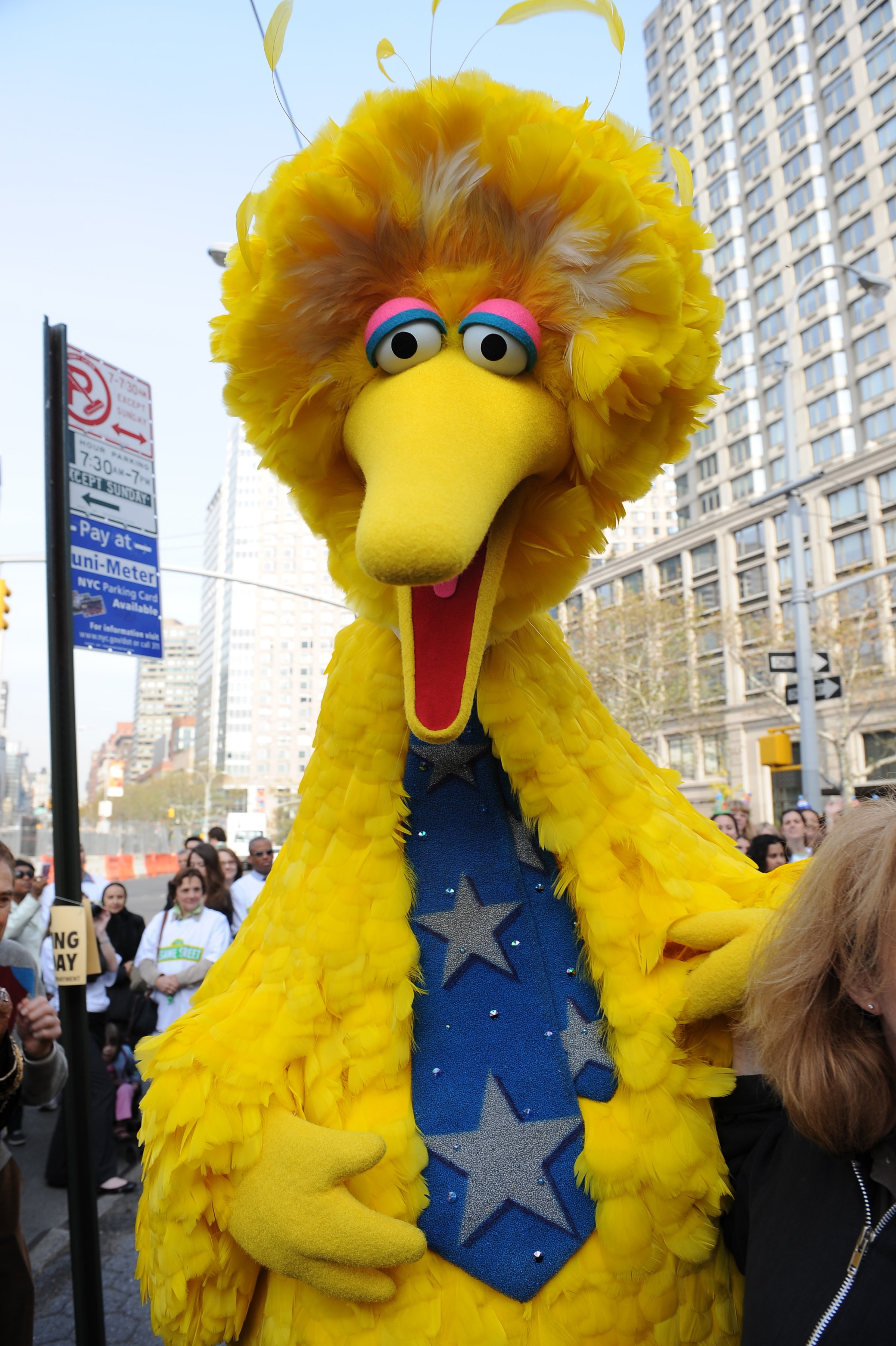
As we strive to make sense of the announcement that Sesame Street will debut its next five years of new episodes on the expensive cable network HBO, we should step back from the particulars and look at what this shift shows us about the current state of American life.
The Sesame Street move is not a horrible thing in itself. After all, the new episodes will show up for free on Public Broadcasting Service stations nine months after HBO viewers got them. Instead, the move is a symptom of how Americans view our collective obligations to each other – especially to our poorest children.
Sesame Street needed to replace the revenue it has lost since people moved from buying DVDs to streaming older programs. HBO will pay a fee to Sesame Workshop, which produces the show, for the exclusive right to stream and broadcast the episodes for nine months. In 2014, Sesame Workshop lost $11 million, and its total operating revenues were $104 million, a 14% decrease from 2013. Most of that revenue comes from DVD sales and from licensing the characters and creative elements for toys, school supplies, and other commercial uses. Only about 10% comes from PBS affiliates.
Given that arithmetic, it’s hard to argue with Sesame Workshop’s decision. To continue to produce high-quality, fresh, educational episodes for the preschool set, the show needs to exploit every resource it can find while ensuring that its longstanding commitment to public broadcasting remains — even if those who can’t afford HBO get a staler product. The short-term harm is trivial. The long-term gain seems substantial.
But how did we get to the point at which one of the greatest successes of American creativity, philanthropy, and government policy has to hustle for loose change from a major corporation like Time Warner, which owns HBO, and from toy customers? Isn’t children’s educational programming a public good, one that market forces clearly can’t support on their own?
There are two major ideological forces that have pushed such moves to privatize education in all its forms over the past 40 years.
The first force is techno-narcissism. There’s a widespread and erroneous assumption that new technologies radically change how everyone lives. In reality, such change is slow, stunted, complex, and uneven. The wealthy and educated who tend to read and write about new technology obsessively also tend to exaggerate the cultural and economic influence of technological change because they embrace it.
So we assume everybody is streaming video from tablets and settling in on Sunday evenings to watch Game of Thrones on HBO. After all, everyone we know is doing that. The assumption that Americans are significantly “cutting the cord” and opting to only stream Internet video instead of relying on cable and satellite pay television is also highly exaggerated. In 2013 cable and satellite subscriptions fell for the first time in history. But they only fell by about 250,000 people. Cord-cutting is a slow and so-far marginal phenomenon and services like HBO and ESPN are preparing for a more significant shift if it happens.
The mantra that “broadcast television is dead” has been echoing for 20 years. Yet broadcast television lives on and plays important roles in the daily lives of millions of Americans. More than 50 million Americans rely on over-the-air free television. As you might assume, these viewers are disproportionately poor and/or live in rural areas. If cord-cutting grows, especially as purchasing power among lower-income working people falls, the percentage of viewers relying on free over-the-air television will rise, not fall.
The second and more pernicious force is market fundamentalism. In the 1960s, Americans took seriously the concept of market failure: There are some important things such as education, law enforcement, defense, environmental regulation, and the arts that market actors can’t or won’t provide at the level that would allow society to thrive fully. That’s why we saw expansions in federal and state support for science, schools, public art, and public radio and television.
But lately we have forgotten that lesson. Those programs were so successful that Americans just assumed they had always existed and always would. We forgot how much we had to collectively invest to get them going. As we systematically strip public support from these essential elements of the good life, we are left with major institutions like public broadcasting acting just like commercial outlets: chasing viewers and soliciting corporate sponsors.
Relying on philanthropy has real costs as well. Museums, libraries, universities, schools, and public broadcasting institutions have to appeal to the whims of the wealthy to ensure financial health. The immediate needs of the poor fall in importance.
A proper response to the Sesame Street move and other such changes would be to seriously examine how Americans could generate and share the information and educational skills we will need to be effective citizens of a democratic republic this century. That could mean a reinvestment in public broadcasting funding. It could also mean a massive public effort to supply fast and cheap broadband to rural and low-income communities. We rarely ask what we need as citizens and rally our leaders to provide it. We have not since the 1960s.
Instead, Big Bird works for a big media company now. He indulges big donors. He promotes his image in toy stores. And only as an afterthought does he hold the hands of poor children and lead them into the unkind future.
More Must-Reads From TIME
- The 100 Most Influential People of 2024
- The Revolution of Yulia Navalnaya
- 6 Compliments That Land Every Time
- What's the Deal With the Bitcoin Halving?
- If You're Dating Right Now , You're Brave: Column
- The AI That Could Heal a Divided Internet
- Fallout Is a Brilliant Model for the Future of Video Game Adaptations
- Want Weekly Recs on What to Watch, Read, and More? Sign Up for Worth Your Time
Contact us at letters@time.com